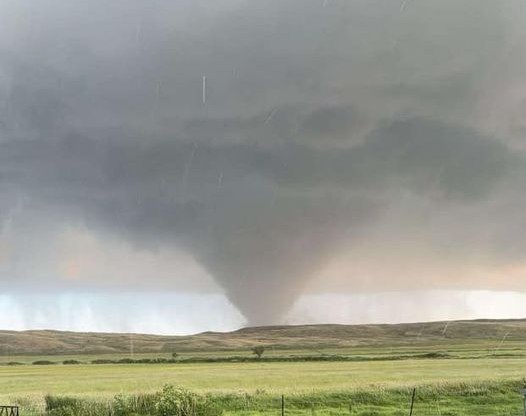Andy Wehrle
EF5
The NEXRAD/WSR-88D network was leaps and bounds ahead of anything that came before it, but there's no good reason it has to be the end of radar coverage expansion in the United States. Some of the "holes" are bad enough and that's assuming all the radars are working and disseminating data properly. Even the magical, miracle tornado detection product known as Correlation Coefficient made possible by the dual-polarization upgrades has proven to be not quite as foolproof as initially hoped (with both false positives and negatives noted), mainly due to distance/beam height.
I would really like to see some of those gaps filled (the tornadic supercell in southeastern Iowa on Tuesday was in a terrible radar hole, with the 0.5 degree tilt from the nearest site [KDVN] hitting it at about 6,600' where the tornado began near Houghton). Although, according to that Washington Post article you linked; the smaller C-band and X-band radars like those offered by Climavision have quite limited range. Ideally at least a few more S-band radars like the WSR-88D could be funded and procured, but that idea seems to have been rejected out of hand at least by the Weather Service spokesperson quoted in the article (who referred to the initial NEXRAD rollout as a "one-time acquisition").
I would really like to see some of those gaps filled (the tornadic supercell in southeastern Iowa on Tuesday was in a terrible radar hole, with the 0.5 degree tilt from the nearest site [KDVN] hitting it at about 6,600' where the tornado began near Houghton). Although, according to that Washington Post article you linked; the smaller C-band and X-band radars like those offered by Climavision have quite limited range. Ideally at least a few more S-band radars like the WSR-88D could be funded and procured, but that idea seems to have been rejected out of hand at least by the Weather Service spokesperson quoted in the article (who referred to the initial NEXRAD rollout as a "one-time acquisition").
Last edited:


